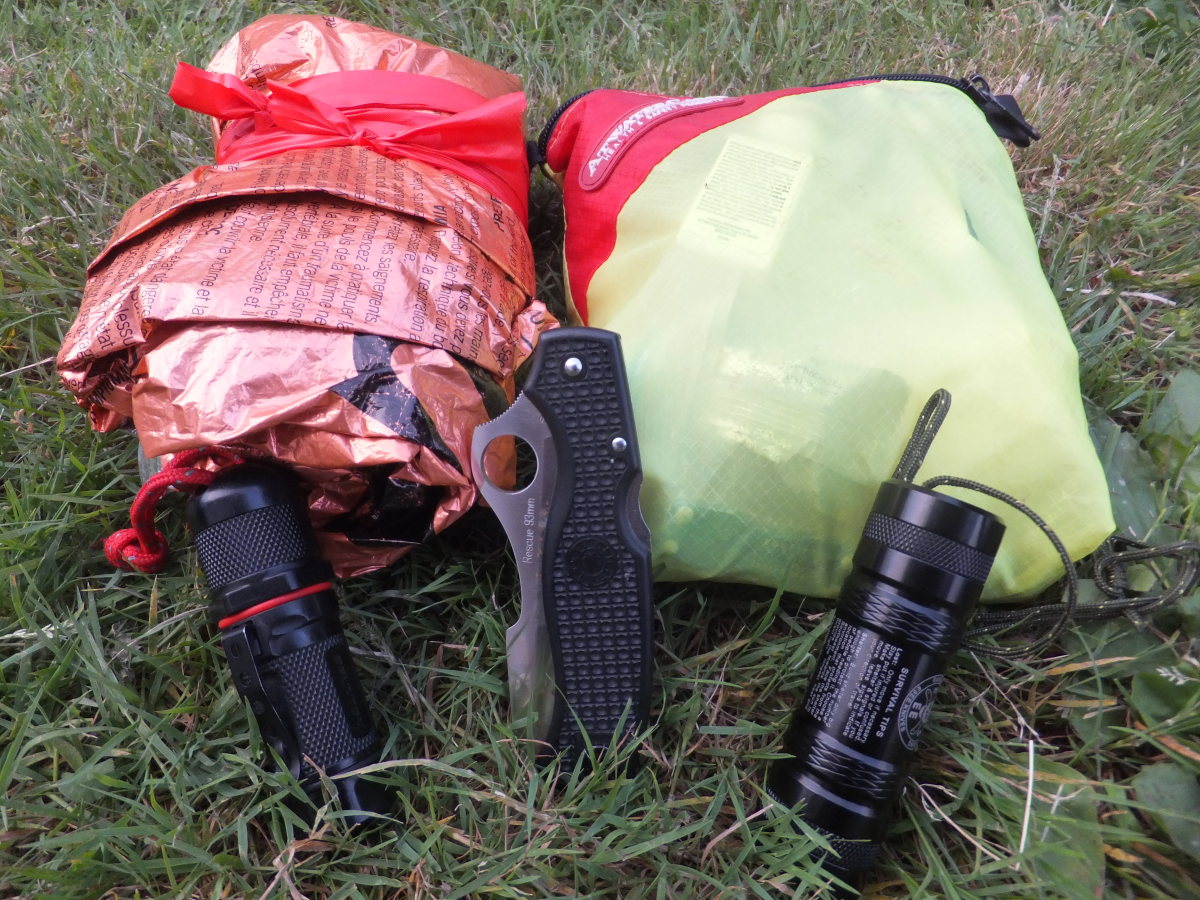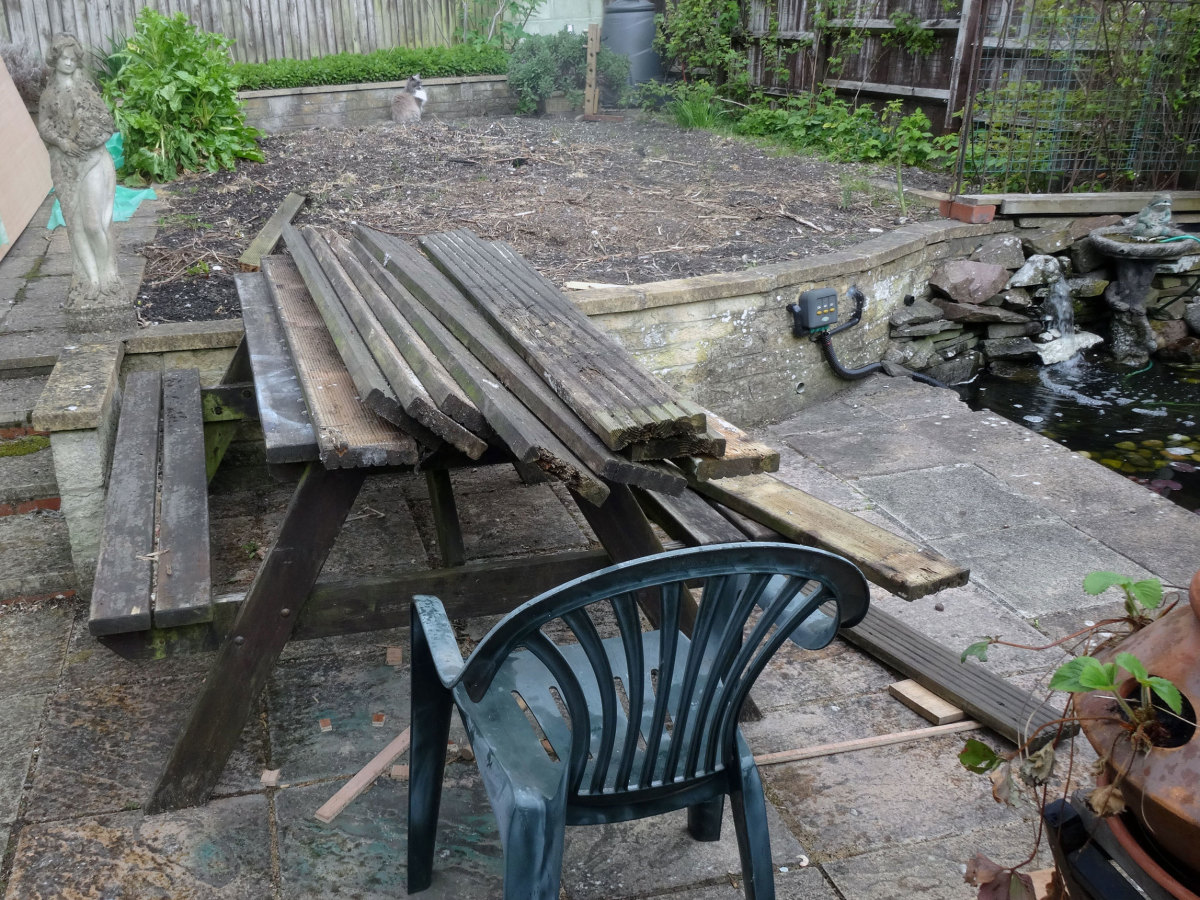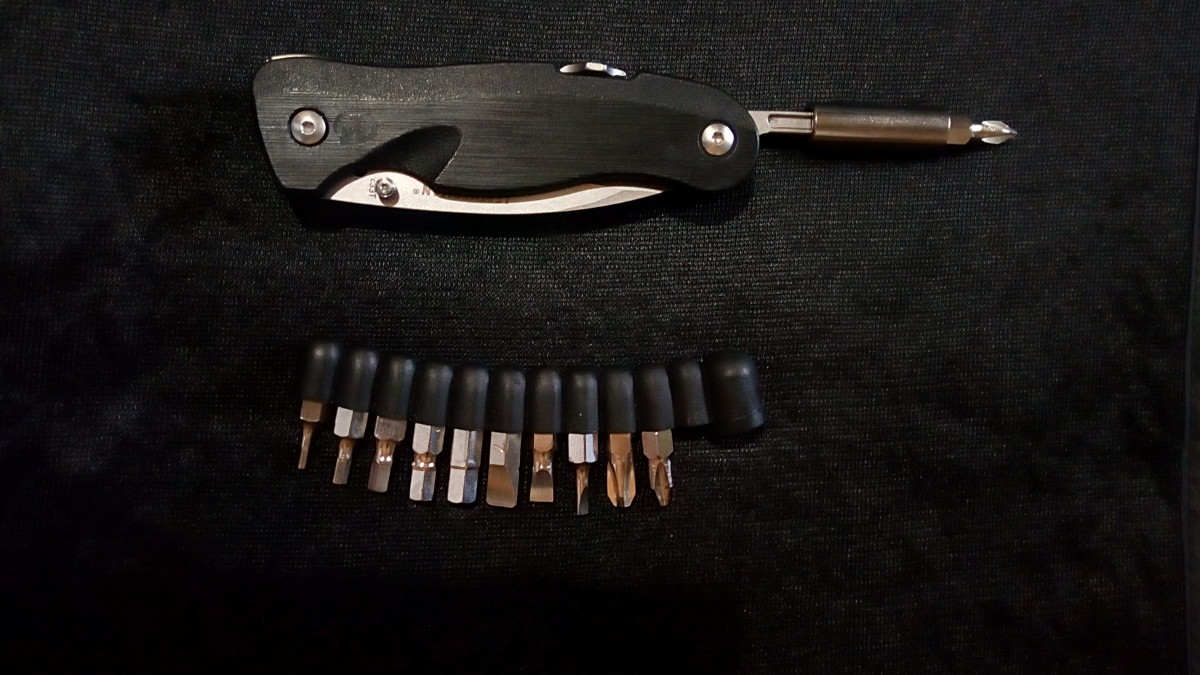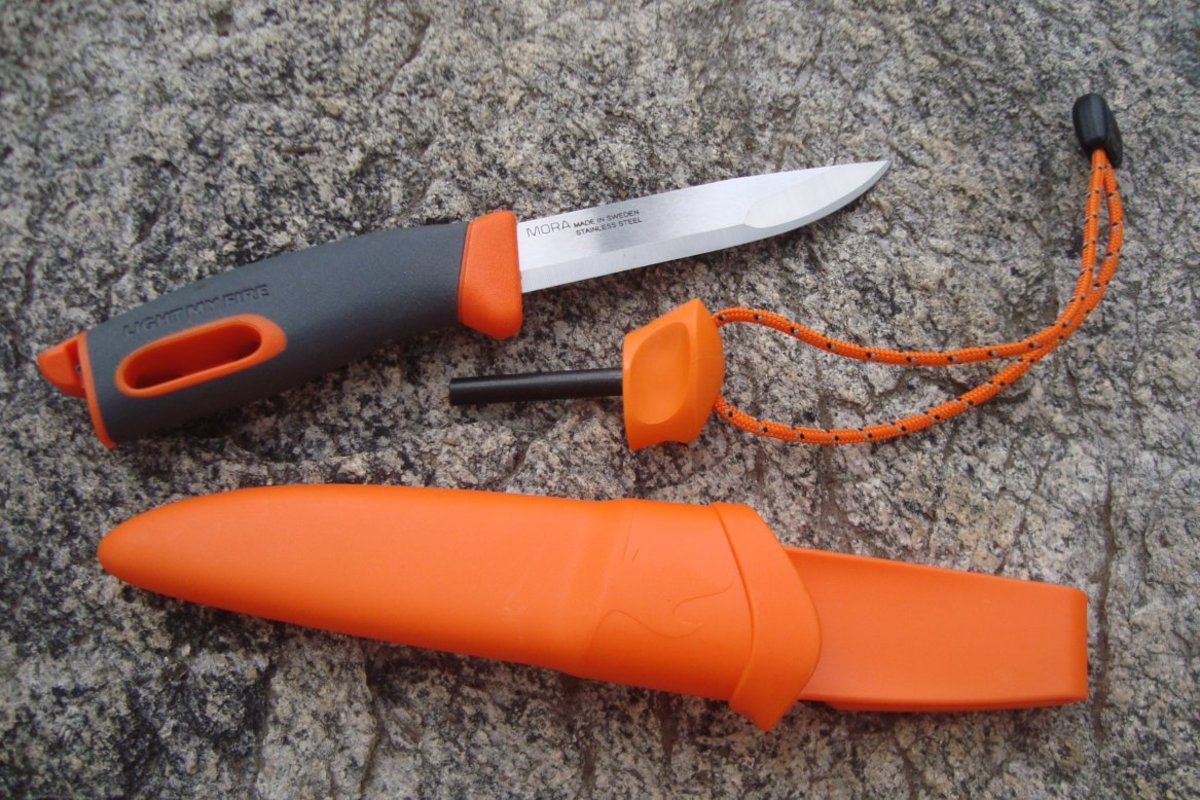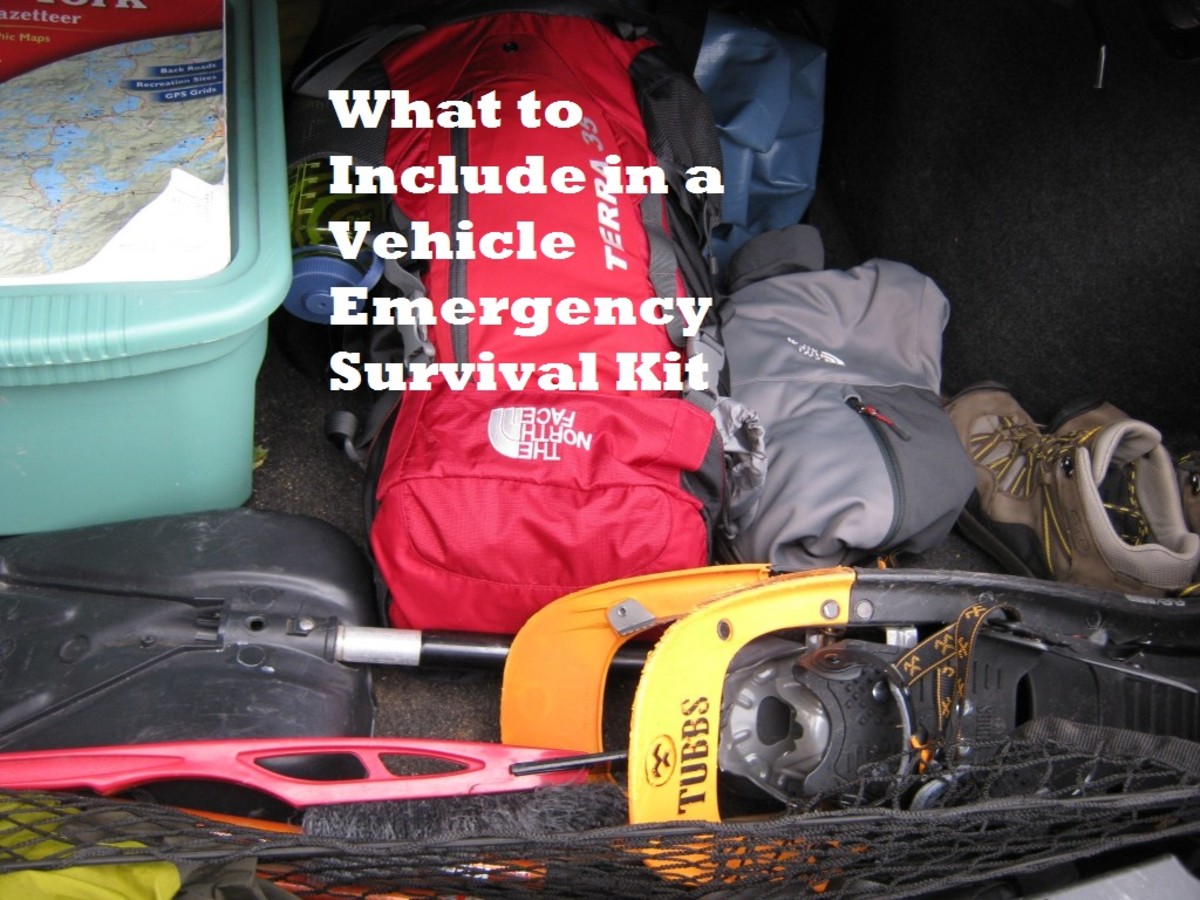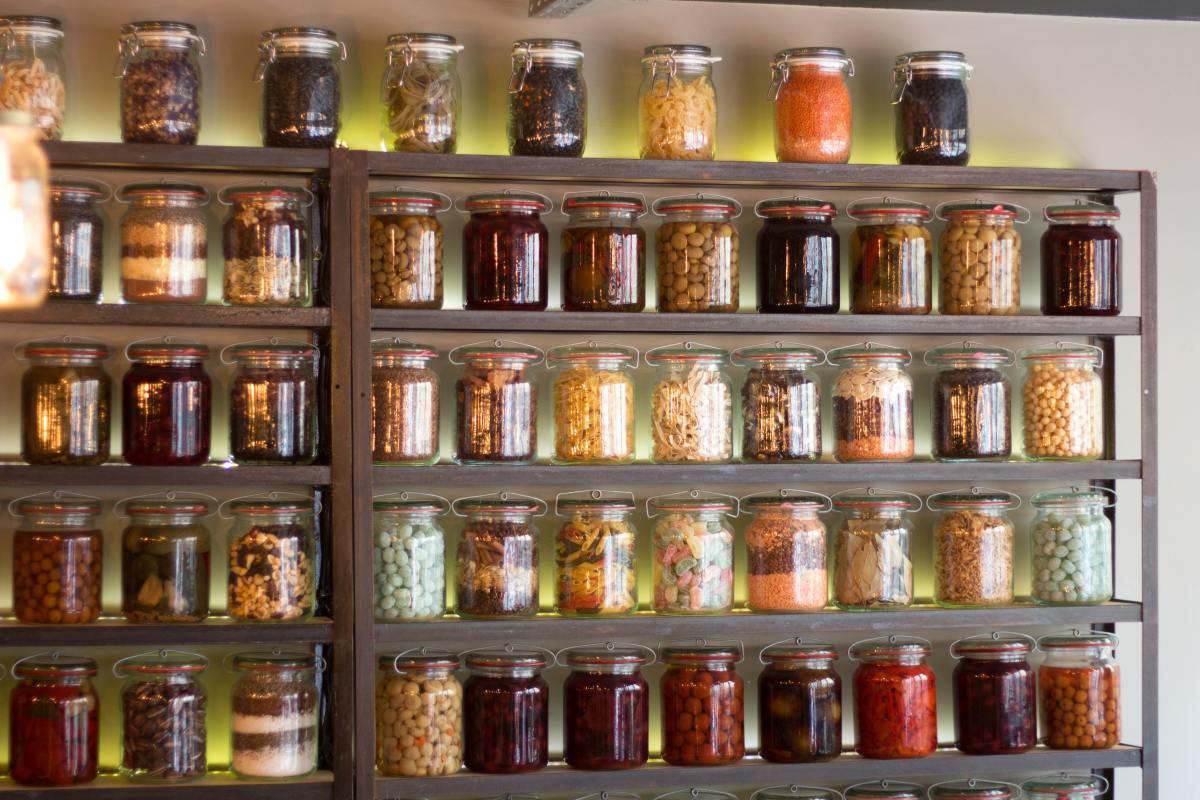Survival: Outdoor Knives
The Right Knife
Purchasing the correct equipment is a huge boost no matter what situation you are in. That is why it is important to select the right kind of knife to serve your purposes. The right knife will feel great in your hand, it will feel natural, and it will hold up to whatever you subject it to. Things like rain, dirt, and mud need to be considered. The jobs you plan on using it for need to be considered as well.
It is easy to go to the store and just grab whatever is on sale, but if the time ever comes where it truly must be used, you will probably regret not putting more thought into it. This guide should help you get into the correct thought process when selecting the correct knife so that it can withstand the weather, the jobs, and the test of time.
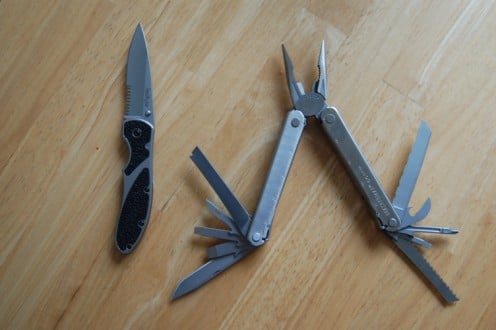
The Knife's Purpose
The most important thing to keep in mind when selecting a knife is the knife's purpose. If your knife is supposed to chop through thick brush or bamboo, then you probably should not grab a Swiss Army Knife. If your knife is going to need to complete tiny detailed tasks, than I would not suggest a machete. The purpose of the knife is probably the first thing to consider when purchasing a knife because it will eliminate a bunch of options, that may have accidentally been considered.
The Knife Brand
It is always best to work with a reputable brand that you know. If you are absolutely unsure then you should speak to a friend and see what they use. Once you settle on a brand, research it. My favorite way of researching a brand is to pull up a bunch of their products on Amazon and read all of the negative reviews. If you see a lot of consistency in the negative reviews then you may want to steer clear.
Brand is not the most important aspect to choosing a knife, but sticking to a well established and reputable company will remove the element of surprise that exists when you buy an x-brand or new companies product. It is always great being the first to have something, but when it comes to a tool as important as your knife, it is best to stick with the tried and true companies.
Body:
The Body of the knife will determine many things. Do you want a folding knife or a fixed blade? A folding knife will be more compact but may be bulkier and be uncomfortable in your pocket. A fixed blade is quick to draw, but the sheath can be a nuisance when maneuvering in tight spaces and if positioned incorrectly it can poke into you when you crouch down. Will you need a very long blade? If you do, then a folding knife may not be the best choice for you.
Weight:
You want a knife to feel good, steady, and solid in your hand. If you anticipate using the knife for long periods of time you may want to use a smaller, or light weight knife to minimize hand fatigue. If the knife will be doing heavy duty tasks like chopping brush then you will need a knife that is heavier and more sturdy.
Knife Maintenance
Maintenance is one often overlooked aspect of a knife. A folding knife may require more maintenance because it has a folding mechanism, and if it is spring loaded it will pose more possible maintenance issues. Also consider how well you can sharpen the blade. If you do not have experience sharpening a serrated blade, or do not have the tools than you may want to consider a non-serrated blade.
Sharpening a blade is just as important as keeping the folding mechanism clean of dirt. A longer blade will mean more sharpening, which is also something to consider. Sharpening a blade properly can take a very long time and is something that should be considered when selecting your knife. A folding knife will pose more maintenance challenges, especially a spring loaded knife. If the spring snaps, or becomes dislodged then you face a whole new set of tasks, like disassembling it.


